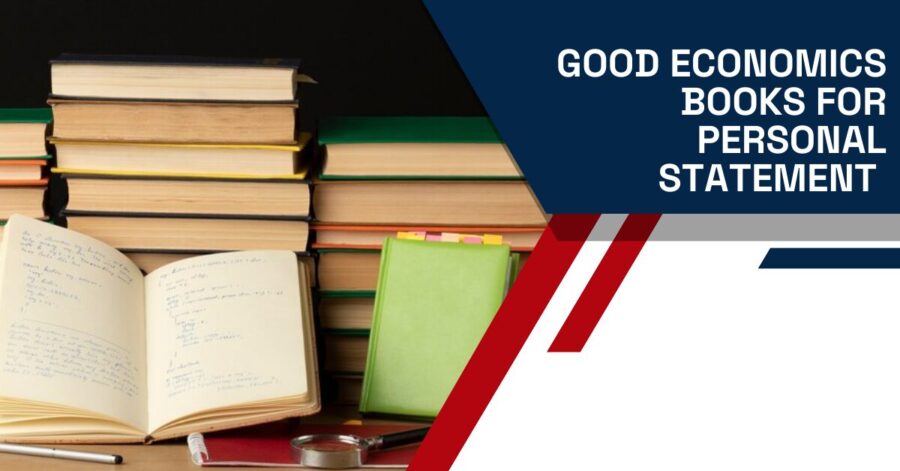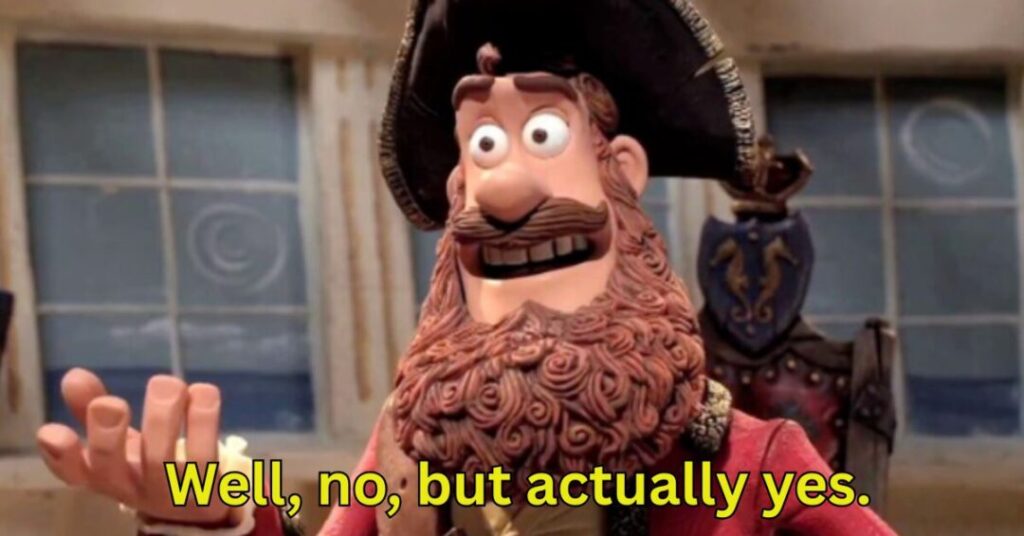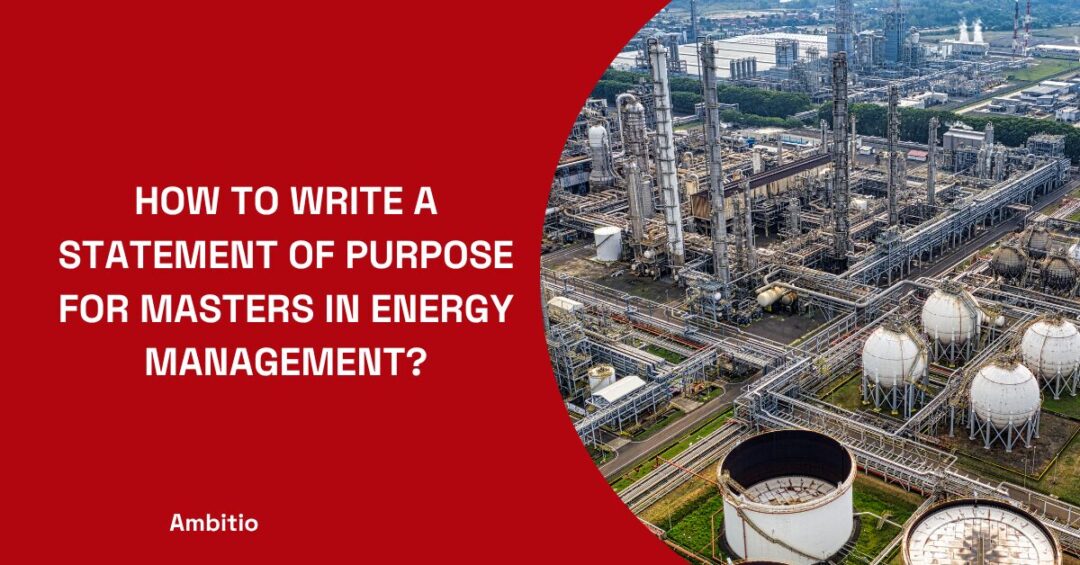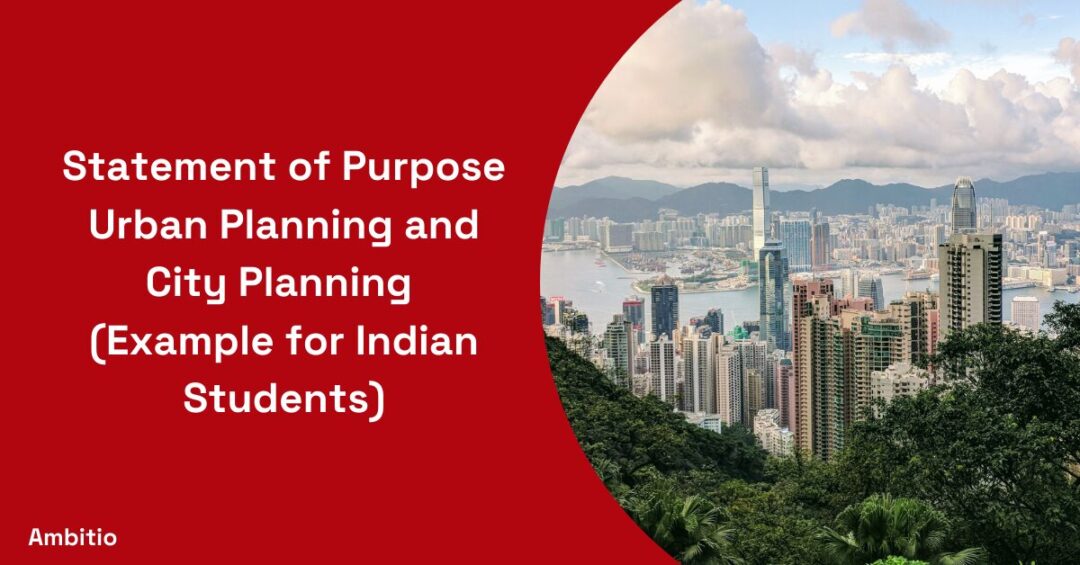20 September 2025
6 minutes read
10 Good Economics Books To Read For Personal Statement For Indian Students

Key Takeaways
- Start with a personal story or experience that sparked your interest in economics to engage the reader.
- Mention key books and concepts that have influenced your understanding of economics.
- Demonstrate your analytical abilities and discuss your future goals, tying them to the university’s program.
Every year I meet economics students who tell me they have read books to prepare for their personal statement. Then I see their drafts and it is the same old story. Adam Smith, a little Keynes, maybe Freakonomics if they tried to be different. The problem is admissions officers are not impressed by recycled names. They can spot a borrowed idea in seconds.
What works is when you can link your reading to how you think about real world problems. That is what separates a strong personal statement from an average one. The smart move is not to read everything but to pick books that stretch your perspective and give you ideas worth writing about. If you do that, your essay stops sounding like a summary of your A-level textbook and starts sounding like you.
Is it Necessary to Include a Book in my Economics Personal Statement?
When applying for an economics degree, one common question is whether you need to reference an economics book in your personal statement. While it’s not a strict requirement, mentioning a book can showcase your genuine interest in the field.
Books like “Freakonomics” by Levitt and Dubner or “The Undercover Economist” offer unique perspectives that can enrich your statement. Also, get your basics right. Understand clearly, the difference between a motivation letter and personal statement.

Referencing an economics book demonstrates your engagement with the subject beyond the classroom. It shows that you’re proactive in exploring ideas and concepts, which is appealing to admissions tutors of the economics course.
For example, discussing how “Globalisation” impacts economies, as highlighted in your reading, can make your personal statement stand out. Also, a development economics personal statement looks for a different set of economics books. However, the focus should always be on your insights and how these readings have influenced your decision to study economics, whether for a PPE course or a more specialized economics degree.
It’s important to be genuine in your personal statement. Simply name-dropping popular books like “Freakonomics” or authors like Levitt and Dubner without reflecting on their impact on your understanding of economics can come off as superficial.
Instead, choose a book that truly resonated with you and explain why. This approach not only reflects your interest in the subject but also your ability to critically engage with complex material, which is a key skill for any aspiring economist.
Top 10 Economics Books to Read for Personal Statement
Choosing the right books can make a significant difference in crafting a compelling personal statement for your UCAS application, especially if you want to study an economics degree course. Here are ten essential economics books that can help you demonstrate your knowledge of economics and passion for the subject.
1. “Freakonomics” by Steven D. Levitt and Stephen J. Dubner
This popular economics book offers unique insights into the economics of everyday life. It’s a good starting point for understanding how economic theories can be applied to unusual situations. Including “Freakonomics” in your personal statement can highlight your curiosity and ability to think critically.
2. “The Undercover Economist” by Tim Harford
Harford’s book is an accessible introduction to economics, explaining complex ideas in an engaging manner. If you’ve ever wondered how economics impacts daily decisions, this book is for you. Mentioning it in your personal statement shows your interest in exploring economics beyond the classroom.
3. “The Return of Depression Economics” by Paul Krugman
This book provides an overview of macroeconomic crises, making it ideal for students interested in macroeconomics. Krugman’s analysis can help you discuss economic downturns and recoveries in your personal statement, showcasing your understanding of major economic events.
4. “Thinking, Fast and Slow” by Daniel Kahneman
Kahneman’s work, which won the Nobel Prize in Economics, delves into the psychology behind economic decisions. This book is perfect for exploring behavioral economics, a field that blends psychology and economic theory. Including it in your statement can demonstrate a broad interest in how human behavior impacts economic systems.
5. “Capital in the Twenty-First Century” by Thomas Piketty
Piketty’s analysis of wealth inequality offers a deep dive into one of the most pressing economic issues today. Referencing this book can help you discuss inequality and economic justice, highlighting your engagement with critical societal challenges.
6. “The Black Swan” by Nassim Nicholas Taleb
This book explores the impact of highly improbable events, or “Black Swans,” on financial markets and economies. Discussing “The Black Swan” in your personal statement can indicate your interest in the unpredictability and complexity of economic systems.
7. “Poor Economics” by Abhijit V. Banerjee and Esther Duflo
This book challenges conventional views on poverty and economic development, offering new insights into effective policy-making. Mentioning “Poor Economics” can show your awareness of global economic disparities and your interest in development economics.
8. “The Wealth of Nations” by Adam Smith
As a foundational text in economic thought, Smith’s work provides an essential historical perspective. Citing “The Wealth of Nations” can demonstrate your appreciation for the history and evolution of economic theories.
9. “Misbehaving: The Making of Behavioral Economics” by Richard H. Thaler
Thaler’s book offers a firsthand account of the development of behavioral economics. Discussing this book can help you explain your interest in how human behavior deviates from traditional economic models.
10. “The Great Escape” by Angus Deaton
Deaton explores the history of health, wealth, and inequality, highlighting the economic factors that contribute to human progress. This book can help you articulate a nuanced understanding of economic development and its impact on human welfare.
How to Write the Perfect Economics Personal Statement
Writing a successful statement of purpose can be challenging, but it’s a great opportunity to showcase your passion and readiness for the subject. Here’s how to make your statement memorable and effective.
Step 1: Start with a Personal Story
Begin with a personal experience that sparked your interest in economics. Perhaps reading an economics book like “Freakonomics” or “The Undercover Economist” made you curious about economic concepts. Sharing a specific moment can make your statement more relatable and engaging.
Step 2: Demonstrate Your Economics Knowledge
Showcase your understanding of key economic theories and concepts. Mention books on economic theory you’ve read, such as those by Adam Smith or Thomas Piketty, and explain how they’ve influenced your thinking. This not only demonstrates your knowledge but also shows your engagement with some of the best economics books of all time. Apart from these elements, keep in mind the technical aspects like font for the statement of purpose.
Step 3: Share Relevant Experiences
Include any experiences that have deepened your interest in economics. This could be an internship, a school project, or participation in economics-related clubs. If you’ve read a specific economics book, discuss how it has shaped your perspective or helped you decide whether economics is the right field for you. These experiences can highlight your practical engagement with the subject. Tips to write an SOP helps you create a lasting impression on the readers.
Step 4: Highlight Analytical and Critical Thinking Skills
Economics requires strong analytical and critical thinking skills. Share examples of how you’ve applied these skills, perhaps by analyzing economic data or tackling a complex problem. If you’re discussing potential economics books to read, explain how they helped enhance your understanding of economic systems and theories. Also, if you have taken a gap year, make sure you customize your SOP for gap year.
Step 5: Conclude with Your Future Aspirations
End by outlining your career goals and how an economics degree will help you achieve them. Mention specific elements of the university’s program that appeal to you, such as unique courses or opportunities for research. Referencing books you’ve read can further underscore your preparedness and genuine interest in the field.
Incorporating these elements and keywords like “economics degree course,” “economics knowledge,” and “books on economic theory” into your personal statement will help create a compelling narrative. Keep it simple, genuine, and focused on your personal journey and insights into economics.
Conclusion
Writing the perfect economics personal statement involves blending your passion for the subject with a demonstration of your knowledge and experiences. By referencing influential books, sharing personal stories, and highlighting your analytical skills, you can create a compelling narrative that stands out. Remember, your personal statement is a reflection of your unique journey and aspirations in the field of economics. Keep it genuine and focused, and you’ll leave a lasting impression on admissions committees.
Your gateway to unlocking premier universities! Effortlessly navigate admissions with personalized support and expert guidance. Enroll now and initiate your success story! Enroll in Ambitio Elite
FAQs
Why is it important to mention books in my economics personal statement?
Mentioning books shows your engagement with the subject and provides context for your interests and understanding.
What if I haven’t read many economics books?
Focus on the experiences and concepts that have influenced you. Even one well-discussed book can enhance your statement.
Should I only mention popular economics books like ‘Freakonomics’?
While popular books are great, including a range of readings, including academic texts, can demonstrate deeper engagement.
How can I demonstrate analytical skills in my personal statement?
Discuss specific experiences where you’ve applied economic theories or analyzed economic issues.
Is it necessary to discuss my future career goals?
Yes, outlining your goals shows that you have a clear direction and understand how an economics degree will help you achieve them.
Can mentioning personal stories be too informal?
Personal stories add a human touch and make your statement unique. Just ensure they’re relevant and professional.
How do I conclude my personal statement effectively?
Summarize your passion, knowledge, and aspirations, and explain why you’re excited about the university’s program.

You can study at top universities worldwide!
Get expert tips and tricks to get into top universities with a free expert session.
Book Your Free 30-Minute Session Now! Book a call now




























